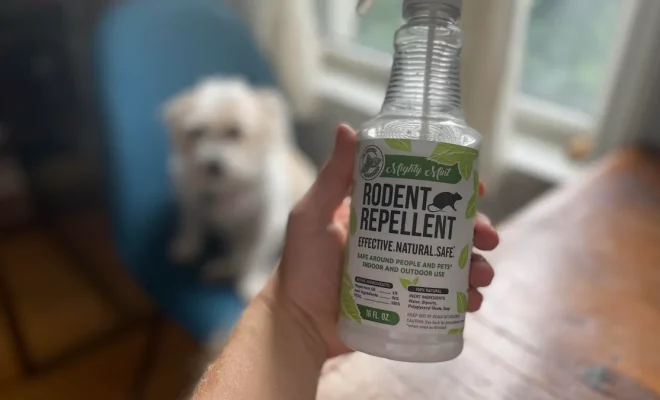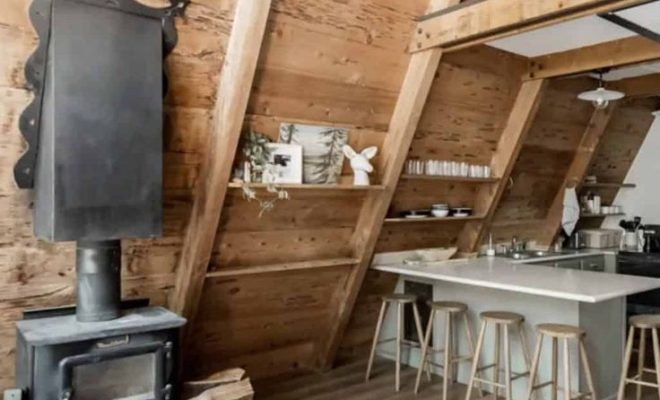3 Ways to Complain About Secondhand Smoke in Apartments

Introduction
Living in an apartment can come with its fair share of challenges. One issue that many tenants face is dealing with secondhand smoke from their neighbors. Secondhand smoke can not only be a nuisance, but it can also pose potential health risks. If you’re experiencing this problem in your apartment building, here are three ways to effectively complain about secondhand smoke and advocate for a smoke-free environment.
1. Speak with Your Neighbor
Sometimes, the most effective way to resolve an issue is through open communication. Before filing any formal complaints or contacting management, consider speaking with the neighbor who is causing the problem. Approach them respectfully and calmly, and express your concerns about their smoking habits affecting you and your living space.
Keep in mind that they may not be aware of the negative impact their smoking has on others. Inform them of any health issues you may have that are exacerbated by secondhand smoke, or if you have children living with you who are at risk. Encourage them to consider smoking outside the building or seeking alternatives such as e-cigarettes or nicotine patches.
2. Contact Apartment Management or Your Landlord
If discussing the matter with your neighbor doesn’t lead to any improvements, consider contacting your apartment management or landlord about the issue. Keep track of when and where you notice the secondhand smoke and provide this documentation when reporting your concerns.
Most landlords have rules regarding smoking inside leased properties, and they should be responsible for enforcing these rules when they’re broken. Be sure to communicate the severity of your concern and request that actions are taken to ensure a healthier living environment for everyone.
3. File a Formal Complaint
If talking with your neighbor and reaching out to management don’t yield satisfactory results, consider filing a formal complaint with local authorities or housing agencies. Research any local ordinances involving secondhand smoke in apartments, as these may provide legal protection against indoor smoking and support your case.
In many areas, secondhand smoke is considered a public health issue and is treated as such. Gather evidence of the problem, such as photographs of smoke infiltrating your space or medical records showing the impact on your health. With this information in hand, file a formal complaint to the appropriate agency and wait for their response. This can potentially lead to legal action against the landlord if they have failed to resolve the issue.
Conclusion
Dealing with secondhand smoke in your apartment building can be a frustrating and harmful experience. By following these three steps – talking with your neighbor, contacting management, and potentially filing a formal complaint – you can advocate for a healthier and more enjoyable living environment for both yourself and your fellow tenants.






